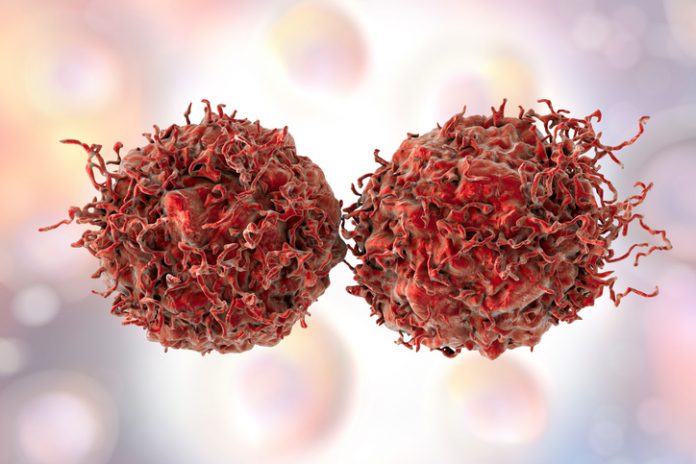
Taking a man’s genetics into account can improve the predictive value of the most widely used biomarker in prostate cancer detection, researchers report.
The findings, in the journal Nature Medicine, may help reduce the risk of prostate cancer overdiagnosis and improve the detection of aggressive disease.
The study of more than 95,000 men identified 128 genetic variants—of which 82 were novel—that affected serum levels of prostate specific antigen (PSA).
From this, the team was able to develop a PSA polygenic score (PGS) that could explain nearly a tenth of the constitutive variation in PSA levels.
“The polygenic score captured each individual’s genetic predisposition to high PSA levels,” explained co-author Rebecca Graff, ScD, an assistant professor in the department of epidemiology & biostatistics at the University of California at San Francisco.
“The polygenic score was strongly associated with PSA levels in validation cohorts and was not associated with prostate cancer, confirming that it reflects benign PSA variation.”
PSA is an enzyme produced by the prostate gland that degrades gel-forming seminal proteins to release motile sperm.
As prostate epithelial tissue becomes disrupted by a tumor, greater PSA concentrations are released into circulation. However, PSA levels may also rise due to inflammation, infection, benign hyperplasia, older age, and increased prostate volume.
Low PSA therefore does not rule out prostate cancer and elevated levels are not enough for a conclusive cancer diagnosis, with between 20% and 60% of cancers detected using PSA testing estimated to be overdiagnoses.
To improve on this situation, the researchers combined five studies to conduct genome-wide analyses of PSA levels of 10 ng/ml or less in men never diagnosed with prostate cancer.
Results from the genome-wide association studies (GWAS) were meta-analyzed within ancestry groups and then combined across populations to create a total sample size of 95,768 individuals.
Using the 128 genome-wide significant associations identified, they then developed a PSA polygenic score that explained 9.61% of constitutive PSA variation.
The team then applied the polygenic score correction factor to a real-world cohort at Kaiser Permanente and estimated how this affected PSA thresholds for biopsy referrals.
Correcting PSA levels using the polygenic score improved biopsy referral decisions and would avoid 31% of negative prostate biopsies. However, it also resulted in 12% fewer biopsies in patients with prostate cancer, mostly with low-grade tumors.
Genetically adjusting the PSA was more predictive of aggressive prostate cancer than the unadjusted PSA, with an odds ratio of 3.44 vs 3.31 in 106 cases and 23,667 controls.
“We showed that genetic correction of PSA levels has the potential to both reduce unnecessary biopsies and improve our ability to detect tumors with a more aggressive profile,” said co-author Linda Kachuri, PhD, an associate professor of epidemiology and health at Stanford Cancer Institute.
“We hope that our findings represent a step forward in developing informative screening guidelines and reducing the diagnostic gray area in PSA screening.”
The authors note the challenge of developing a polygenic score that adequately performs across the spectrum of ancestry, pointing out that there were variations between men of European and African heritage.
Nonetheless, they maintain: “Leveraging PGS to personalize diagnostic biomarkers, such as PSA, provides a new avenue for translating GWAS discoveries into clinical practice.”













